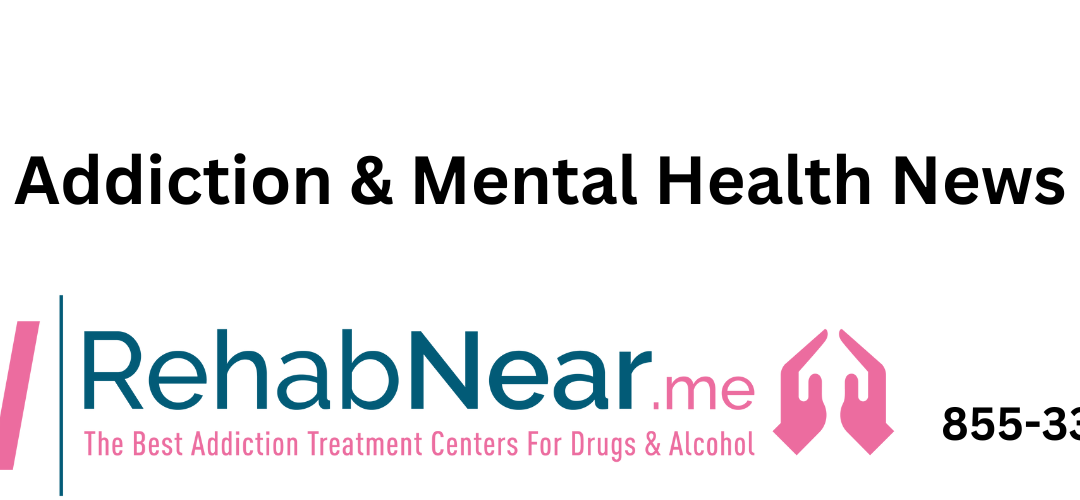In 2016, recognizing that lack of research in female animals was hampering the success of treatments for mood disorders, the National Institutes of Health (NIH) changed its policy for basic research to include sex as a biological variable for basic research, a move that triggered an explosion of research into sex differences.
Hodes and co-author Dawson Kropp, a Ph.D. student in neuroscience, reviewed some notable findings since the NIH mandate in an article recently published in the journal Nature Mental Health.
The following are among them:
- Compared to men, women have twice the risk of developing depression and anxiety disorders, experience their first episode of depression earlier, and have more cumulative episodes over their lifespan.
- Men are potentially underdiagnosed with major depressive disorder (MDD) because of sex differences in symptoms and they are more likely to externalize their symptoms, demonstrate anger or violence, and experience comorbid drug- or alcohol-use disorder.
- Various cell types in the brain have baseline and stress-induced sex differences. For example, microglia, the immune cells of the central nervous system, express baseline differences in men and women across development and in adulthood, which may contribute to sex differences across psychiatric disorders.
- Men seem to have greater vulnerability to prenatal or early-life stress exposure, resulting in stress-associated changes in physiology and behavior during the juvenile period. Changes in female behavior may not manifest until after puberty.
- Some tests with mice show that chronic variable stress -; recurrent physical, psychological, and social stress that is unpredictable and unavoidable -; can produce behavioral responses in women after only six days. A minimum of 21 days is needed to produce the same behavioral responses for those tests in men.
The article “Sex Differences in Depression: Including Transgender and Intersex Populations in Mental Health Research” sheds light on the need for greater inclusivity in mental health studies to understand and address depression among diverse populations. Depression is a prevalent mental health condition affecting millions worldwide, but its manifestations can differ significantly between sexes and gender identities.
The research underscores the importance of considering transgender and intersex individuals in mental health studies, as they have unique experiences and challenges that are often overlooked. By recognizing and accommodating these diverse perspectives, mental health professionals can develop more tailored and effective treatment strategies for those struggling with depression.
The article highlights the significance of conducting comprehensive research that accounts for the intersectionality of gender identity, sexuality, and mental health, aiming to foster a more inclusive and empathetic approach to treatment and support.
If you or someone you know is facing the burden of addiction and mental health challenges, take the first step towards healing by seeking help from RehabNear.Me. We offer a compassionate and confidential space where individuals can find personalized addiction treatment solutions. Our experienced team is dedicated to supporting individuals of all backgrounds and identities on their journey to recovery.
Don’t let depression and addiction control your life; seek professional support today. Call our RehabNear.me helpline at 855-339-1112 to connect with one of our caring specialists who can guide you toward the right resources and treatment options. Remember, seeking help is a sign of strength, and together, we can pave the way to a healthier, happier future.








